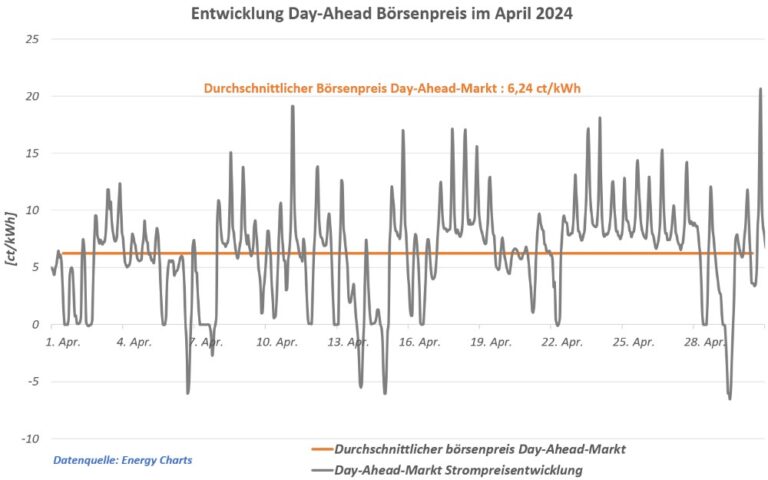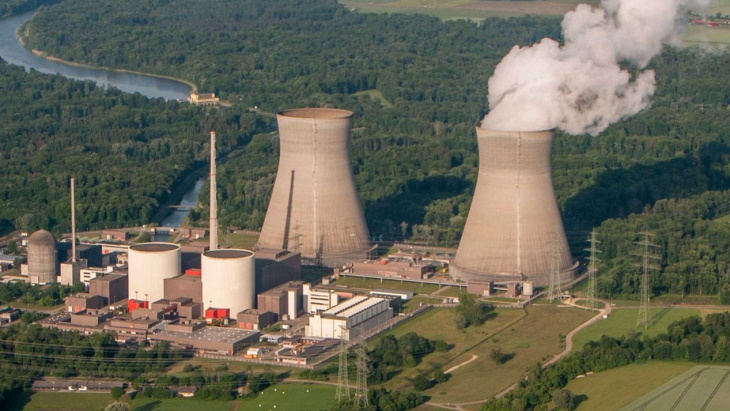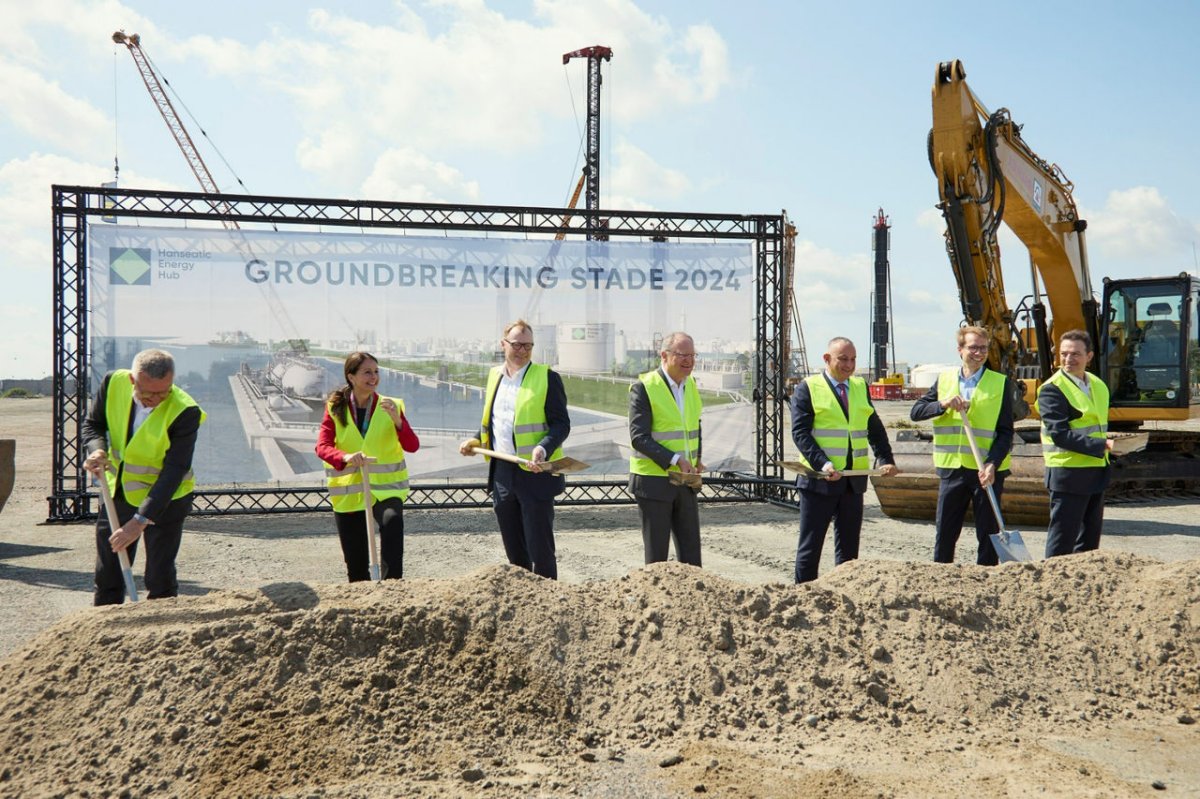Il sera à terme compatible pour recevoir des cargaisons d'amoniac.
Livraison en 2027.
https://www.euro-petrole.com/green-ligh ... -n-i-26833Green light given for Germany’s first land-based terminal for liquefied gases in Stade
europetrole le 22/03/2024
Green light given for Germany’s first land-based terminal for liquefied gases in Stade
- Shareholders commit to final investment decision
- Enagás increases share to 15 per cent and will be the terminal’s operator
- Johann Killinger hands over CEO responsibilities to Jan Themlitz
- Commissioning of ammonia-ready terminal planned in 2027
Hanseatic Energy Hub GmbH has committed to the final investment decision to construct Germany’s first land-based terminal for liquefied gases. After successfully concluding the permitting- and commercial phase in late 2023, the company´s shareholders Partners Group (on behalf of its clients), Enagás, Dow and the Buss Group have now successfully secured financing for the large-scale infrastructure project, known as well as the Hanseatic Energy Hub (HEH). The globally active EPC* specialist Técnicas Reunidas and its partners, FCC and Enka, have been awarded the contract to build the future-flexible energy hub at the Stade Industrial Park. Around one billion Euros will be invested in the construction of the terminal. The official groundbreaking ceremony is scheduled to be held in the coming weeks.
This final investment decision allows the Hanseatic Energy Hub to make an important contribution to securing Europe’s energy supplies following its planned commissioning in 2027. Initially the HEH will serve as an import terminal for LNG, SNG (synthetic natural gas) and liquefied biomethane and, subsequently, for ammonia, as a carbon-neutral, hydrogen-based energy carrier. Once the HEH enters into service, the FSRU “Energos Force” chartered by Germany’s federal government will set sail from Stade. The floating LNG terminal, which has been on site since March 2024, will continue to secure the gas supply in the short term until the more efficient land-based terminal is completed.
The Hanseatic Energy Hub will have a total capacity of 13.3 billion cubic metres of natural gas per year. Ninety per cent of this volume has been booked long-term by three European energy majors EnBW, SEFE and ČEZ. The remaining capacity is reserved for short-term bookings. Long-term contracts include the option to switch to hydrogen-based energy carriers at a later stage. The terminal has been certified by permitting bodies as being ammonia-ready.
Following a development of more than six years, the Hanseatic Energy Hub project is entering its next phase. Enagás is providing the technical direction of the construction and will also be terminal operator. The Spanish energy company is increasing its share from 10 to 15 per cent.
Johann Killinger, one of the entrepreneurs driving the project up to this point, is stepping down from the management team following the investment decision. He will now focus on his role as a shareholder, handing over to Jan Themlitz the CEO responsibilities for constructing and commissioning the terminal. Jan Themlitz has a long track record of developing energy-related projects as well as extensive LNG experience from having worked with gas majors and power generators for 30 years.
The shareholders of the Hanseatic Energy Hub on this important milestone:
............................








